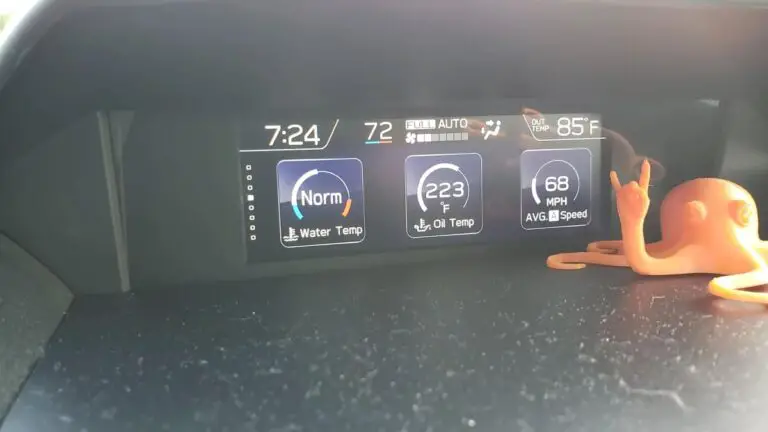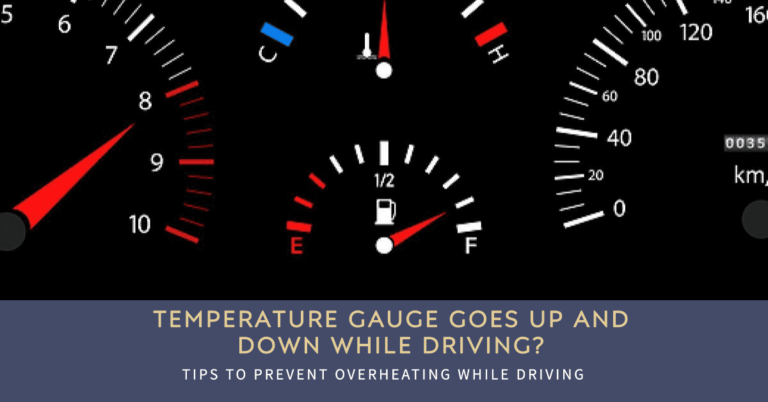How Many Spark Plugs Does A Diesel Engine Have? An Easy Guide

Diesel engines are a popular choice for heavy-duty vehicles and machinery due to their durability and fuel efficiency. However, many people wonder how many spark plugs a diesel engine has, and the answer is none. Unlike gasoline engines, diesel engines do not require spark plugs to ignite the fuel and air mixture. Instead, they rely on high compression ratios to generate heat and ignite the fuel.
The absence of spark plugs in diesel engines might lead some to wonder how the fuel is ignited. The answer lies in the glow plugs, which are used to preheat the combustion chamber and aid in starting the engine. Glow plugs are similar to spark plugs in appearance but operate differently. They are heated by electrical current and remain on for a short time after the engine starts to help maintain combustion. Overall, diesel engines are a reliable and efficient option for heavy-duty applications, and understanding their unique features can help ensure proper maintenance and operation.
Table of Contents
How Many Spark Plugs Does a Diesel Engine Have?
Understanding Diesel Engines
Diesel engines are different from gasoline engines in the way they ignite fuel. While gasoline engines use spark plugs to ignite the fuel, diesel engines use compression to ignite the fuel. This means that diesel engines do not need spark plugs to operate.
Instead, diesel engines use glow plugs to heat up the air in the combustion chamber to help start the engine. Once the engine is running, the heat generated by the compression is enough to keep the engine running.
Spark Plugs in Diesel Engines
Although diesel engines do not use spark plugs to ignite fuel, some diesel engines do have spark plugs. For example, some agricultural diesel tractors use a variety of fuel types and may have spark plugs. However, this is not typical for most diesel engines.
Number of Spark Plugs in Diesel Engines
If a diesel engine does have spark plugs, the number of spark plugs it has depends on the number of cylinders in the engine. Most diesel engines run on one glow plug per engine cylinder. This means a four-cylinder engine will have four glow plugs, a six-cylinder diesel engine will have six plugs, and a V8 engine will have eight glow plugs.
It is important to note that not all diesel engines have spark plugs. In fact, the majority of diesel engines do not use spark plugs at all. Instead, they rely on glow plugs to help start the engine.
Why is the Number of Spark Plugs Important?
Efficiency
The number of spark plugs in a diesel engine is important for a number of reasons. One of the most important reasons is efficiency. The more spark plugs an engine has, the more efficiently it can burn fuel. This is because each spark plug ignites a portion of the fuel mixture, and the more spark plugs there are, the more evenly the fuel is burned. This means that the engine can produce more power with less fuel, which can lead to better fuel economy.
Performance
Another reason why the number of spark plugs is important is performance. The more spark plugs an engine has, the more power it can produce. This is because each spark plug ignites a portion of the fuel mixture, and the more spark plugs there are, the more fuel can be burned at once. This means that the engine can produce more power, which can lead to better acceleration and higher top speeds.
Maintenance
Finally, the number of spark plugs is important for maintenance. The more spark plugs an engine has, the more maintenance it requires. This is because each spark plug needs to be replaced periodically, and the more spark plugs there are, the more frequently they need to be replaced. However, having more spark plugs can also mean that the engine is easier to maintain, because if one spark plug fails, the engine can still run on the remaining spark plugs.
Factors Affecting the Number of Spark Plugs
When it comes to determining the number of spark plugs needed for a diesel engine, there are several factors to consider. These include engine size, cylinder configuration, and fuel type.
1. Engine Size
The size of the engine is one of the most important factors to consider when determining the number of spark plugs needed. Generally, the larger the engine, the more spark plugs it will require. For example, an eight-cylinder diesel engine will typically require eight spark plugs, while a four-cylinder engine will require four.
2. Cylinder Configuration
The cylinder configuration of the engine is another important factor to consider. Most diesel engines have a straight or V-shaped cylinder configuration. In general, engines with a V-shaped cylinder configuration will require more spark plugs than engines with a straight cylinder configuration. This is because V-shaped engines typically have more cylinders.
3. Fuel Type
Diesel engines operate using compression ignition, which means that they do not require spark plugs to ignite the fuel. Instead, they rely on the heat generated by the compression of the air-fuel mixture to ignite the fuel. As a result, diesel engines do not require as many spark plugs as gasoline engines.
Conclusion
In summary, diesel engines do not have spark plugs, but instead, they use glow plugs to start the combustion process. Each cylinder in a diesel engine has one glow plug, and the purpose of the glow plug is to heat up the diesel fuel, making it easier to start the engine.
It’s important to note that diesel engines and gasoline engines operate differently, and therefore, the use of spark plugs in gasoline engines is not interchangeable with glow plugs in diesel engines.
By following the manufacturer’s recommendations for maintenance and replacement of glow plugs, diesel engine owners can ensure that their engines start smoothly and operate efficiently. Additionally, regular maintenance of the fuel system and air filters can also improve the performance and longevity of a diesel engine.
Overall, understanding the differences between gasoline and diesel engines and their respective ignition systems can help owners better care for and maintain their vehicles.
FAQs
How many glow plugs does a diesel engine have?
Most diesel engines have one glow plug per cylinder. Therefore, a four-cylinder diesel engine will have four glow plugs, a six-cylinder engine will have six, and so on.
What is the function of a glow plug?
Glow plugs heat the air in the combustion chamber to a temperature that allows for ignition of the diesel fuel. They work by using electrical resistance to generate heat, much like the filament in a light bulb.
When do glow plugs need to be replaced?
Glow plugs do wear out over time, and they may need to be replaced if they are not working properly. Signs of a faulty glow plug include difficulty starting the engine, rough idling, and decreased fuel efficiency.
Can you replace glow plugs yourself?
It is possible to replace glow plugs yourself, but it can be a challenging task. Glow plugs are often located in hard-to-reach places, and they can be difficult to remove without the proper tools. It is recommended that you have a professional mechanic replace your glow plugs.
How long do glow plugs last?
The lifespan of a glow plug can vary depending on several factors, such as the make and model of the engine, the quality of the glow plugs, and the frequency of use. In general, glow plugs can last anywhere from 50,000 to 100,000 miles.







